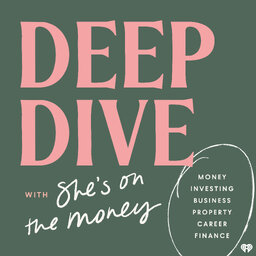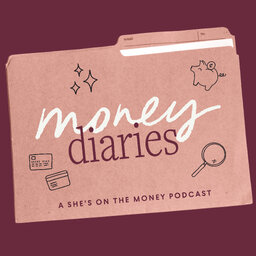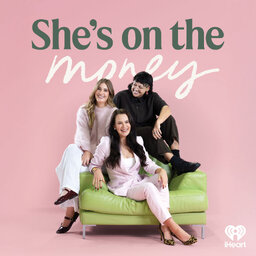Investing Q&A with Glen James: Your Questions Answered
She's On The Money
Australia’s #1 finance podcast. Ready to take control of your money without the stress (or boring lectures)? This is the show for you. Hosted by award…Today, we’ve got something special for you—Glen James, author of The Quick-Start Guide to Investing, is here to tackle your most burning investment questions. From picking the right platform to investing for your kids and knowing when it’s time to level up from micro-investing. If you’re looking to up your investing game, this episode is for you!
Acknowledgement of Country By Natarsha Bamblett aka Queen Acknowledgements.
The advice shared on She's On The Money is general in nature and does not consider your individual circumstances. She's On The Money exists purely for educational purposes and should not be relied upon to make an investment or financial decision. If you do choose to buy a financial product, read the PDS, TMD and obtain appropriate financial advice tailored towards your needs. Victoria Devine and She's On The Money are authorised representatives of Money Sherpa PTY LTD ABN - 321649 27708, AFSL - 451289.
In 1 playlist(s)
She's On The Money
Australia’s #1 finance podcast. Ready to take control of your money without the stress (or boring le…Social links
Follow podcast
Recent clips

Equity Explained: Is It Really the Shortcut to Getting Rich?
37:34

She Bought Her First Home With a 2% Deposit on an $86k Salary
44:22

Why Owning Property Isn’t Always the Safety Net You Think... And the Relationship Red Flag That Has Us Concerned
27:32
 She's On The Money
She's On The Money